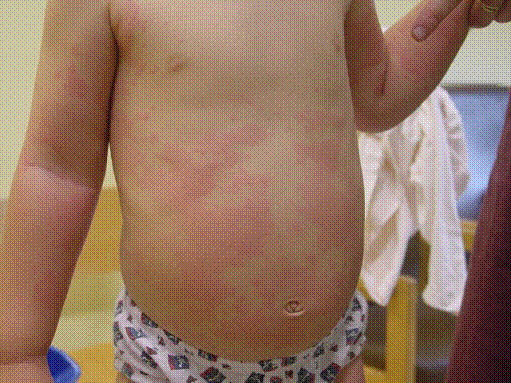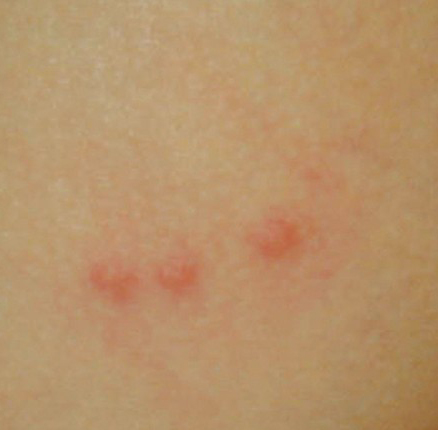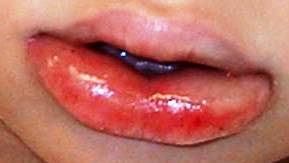

Urticaria, commonly known as hives, manifests as itchy rashes characterised by redness and skin swelling, often resembling mosquito bites of varying sizes.When hives occur around loose tissue, such as the eyes or lips, leading to swelling in these areas, the condition is known as angioedema.


Urticaria can be categorised into acute and chronic. Acute urticaria, the most common form in children, lasts less than six weeks, with fluctuations in size and location of the rashes. Chronic urticaria persists for over six weeks and is seen in both children and adults.
Although common, with up to 20% of people experiencing it at some point in their lives.1, the cause of chronic urticaria often remains unidentified, usually resolving over time—six months for most cases.
Source: 1American Family Physician





















